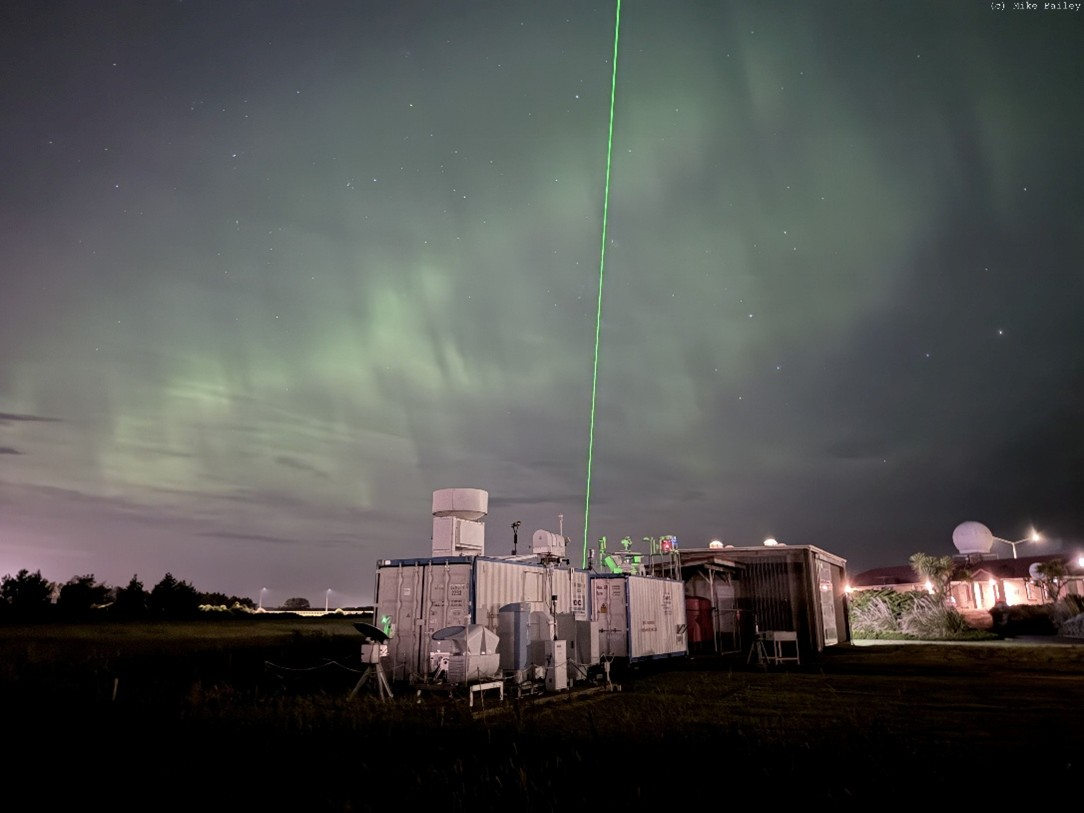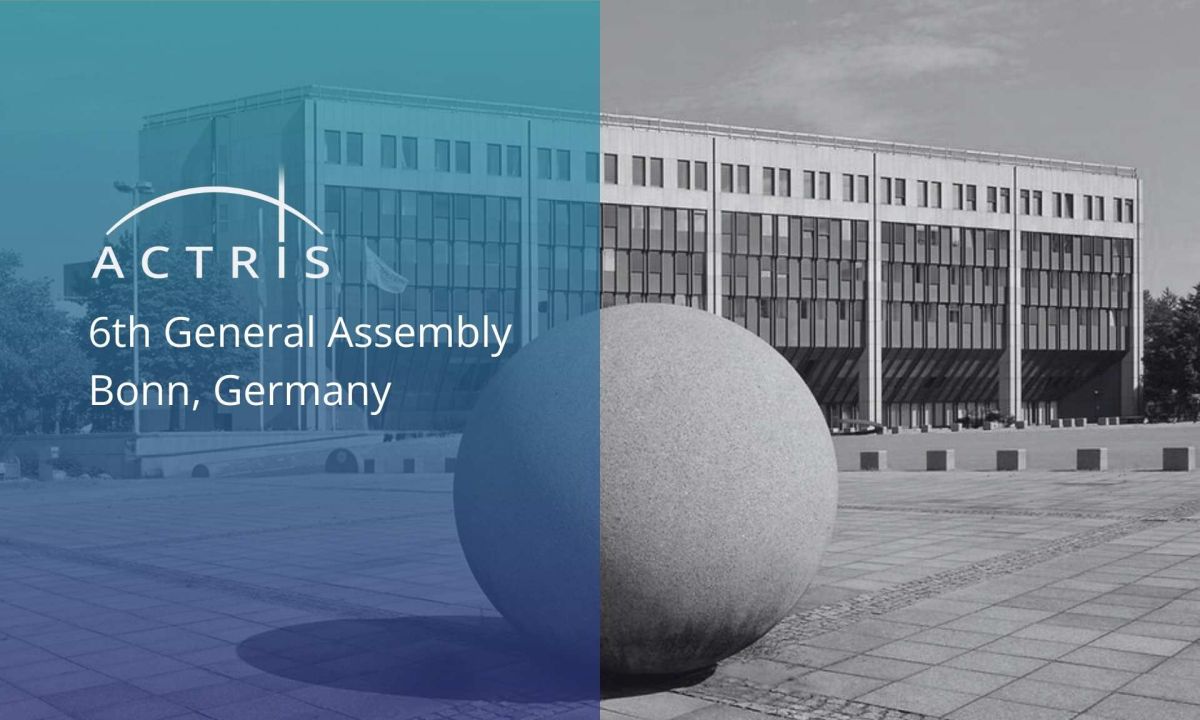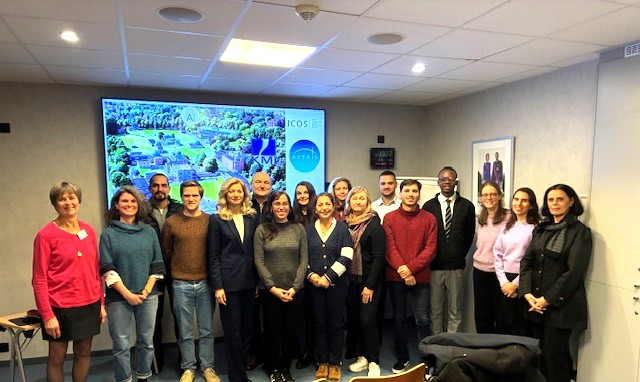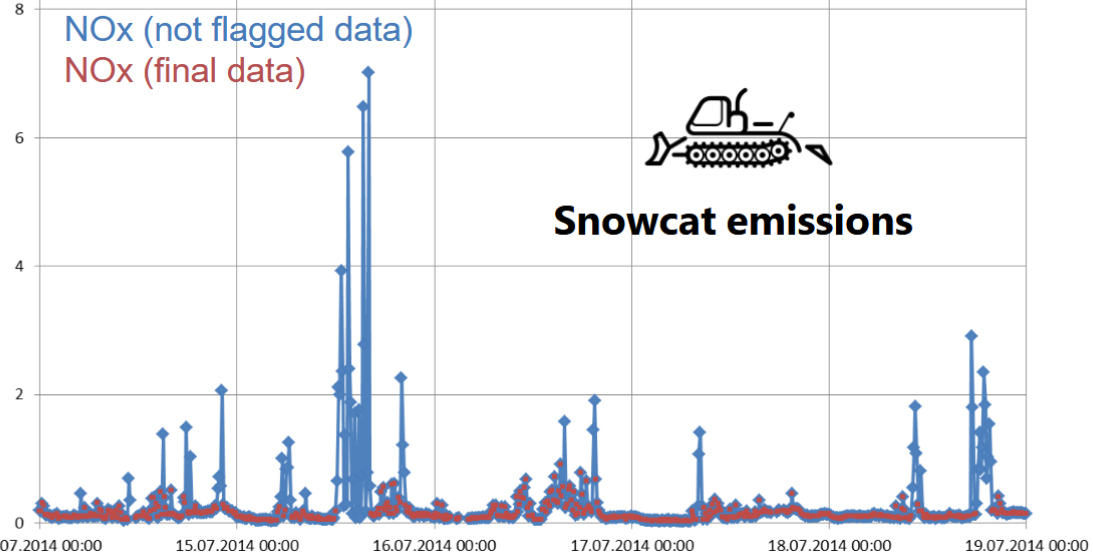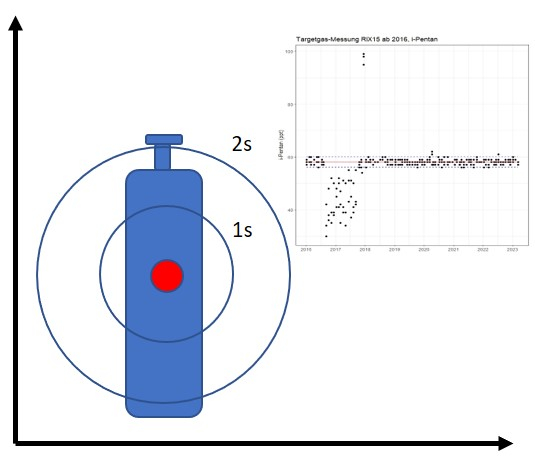Conference Dinner & Excursions

THEME 1 - Long-term trends and variability of the atmospheric composition (Doina Nicolae and Cathrine Lund Myhre)
The session focuses on the variability and long-term trends of the atmospheric composition on decadal timescales. The session is open for studies using all types of observations; ground-based in-situ and remote observations, as well as earth observations from space. Presentations discussing the processes triggering this variability, and attribution of changes to specific drivers, as well as needs in terms of precision and accuracy, are very welcome.
Theme 2 - Atmospheric processes in the natural or controlled atmospheres, including aerosol-cloud-climate interactions (Katrianne Lehtipalo and Anna Novelli)
This session focuses on studies investigating atmospheric processes such as gas-phase degradation of primary emissions and the mechanisms of formation of ozone and secondary aerosol as well as aerosol-cloud-climate interactions, and ecosystem-atmosphere interactions. Results from both controlled environments such as simulation chambers or flow tubes as well as from field studies are welcome.
Theme 3 - Observing extreme events in a changing climate: heat waves, dust events, forest fires, strong precipitation, droughts etc. (Holger Baars and Bernhard Pospichal)
This session focuses on the observational capabilites of ACTRIS for capturing extreme atmospheric events, also with regard to climate change. This includes case studies of short-term events of interest that influence atmospheric composition, e.g. dust outbreaks, wild fires, precipitation, drought, snowfall, icing, ozone, etc. Another focus lies on the assessment of extreme events with respect to long observational time series at ACTRIS stations.
Theme 4 - Innovative technologies and methodologies for atmospheric probing, including calibration and validation of satellite atmospheric missions (Jean Sciare and Eleni Marinou)
This session focuses on Innovative technologies and methodologies for atmospheric probing, including calibration and validation of satellite atmospheric missions. This includes also innovative instrumentations, AI applications, calibration/validation approaches and challenges, but also collaborative international efforts towards Innovation, including future directions and emerging technologies.
Theme 5 - Atmosphere, pollution and health, including urban studies (Tuukka Petäjä and Stephane Sauvage)
This session focuses on studies investigating air quality in urban, regional and global scales. Analysis connecting regulatory measurements, harmonized supersite observations (incl. citizen science) and modeling results are expected. That includes studies exploring the variability of the air quality parameters, such as aerosol number concentration, aerosol number size distribution, black carbon with a particular focus on their relationships with health indicators and parameters among which lung-deposited surface area and oxidative potential.
